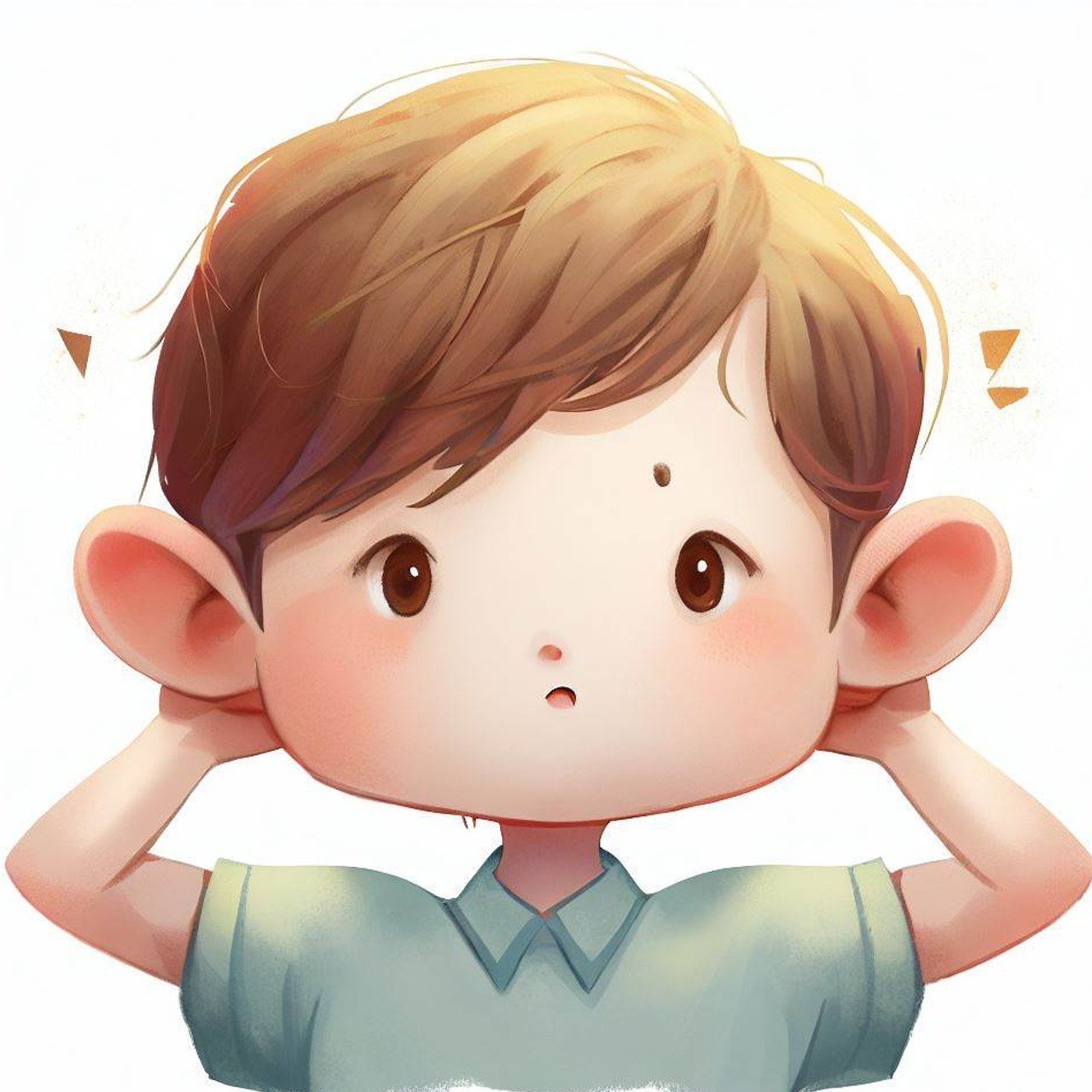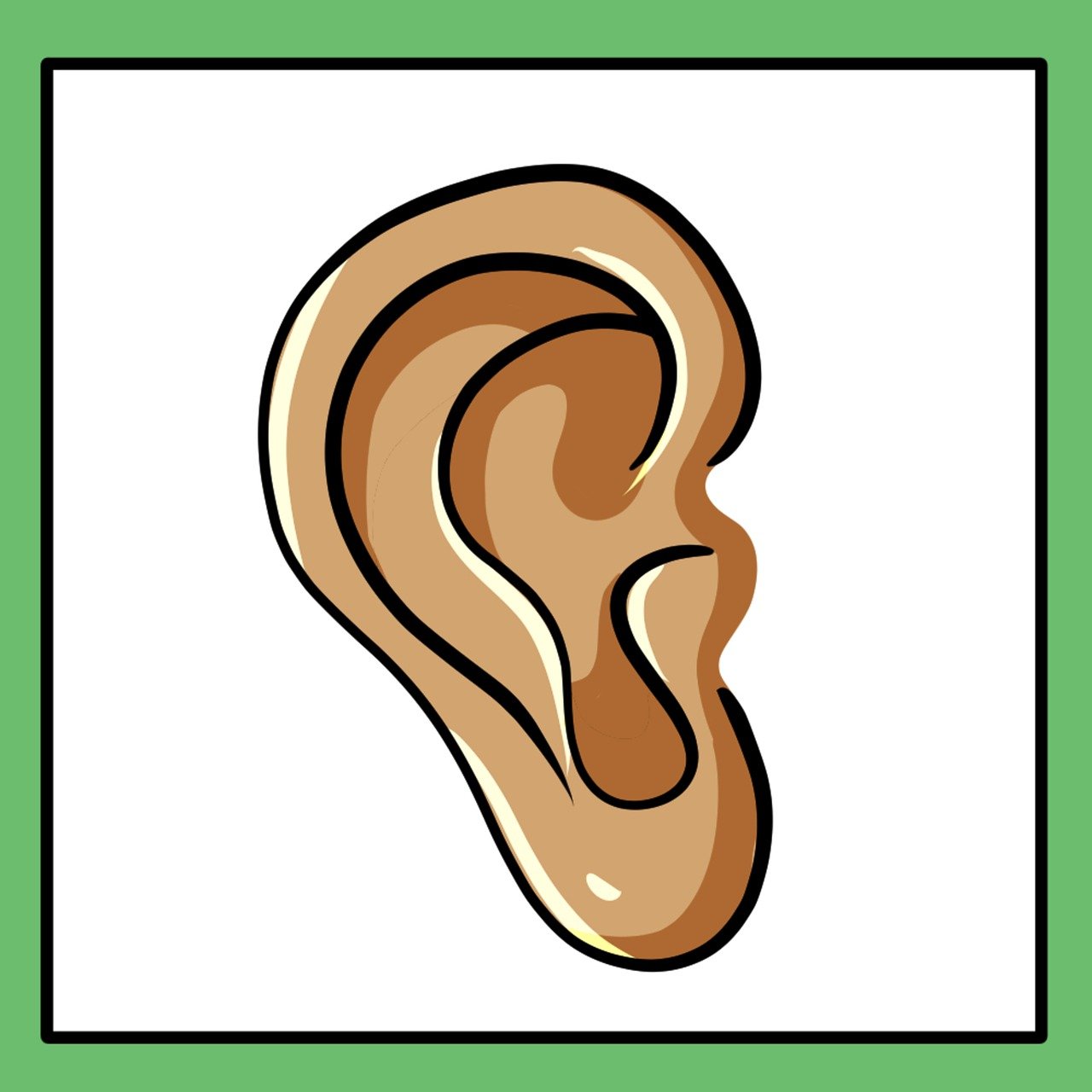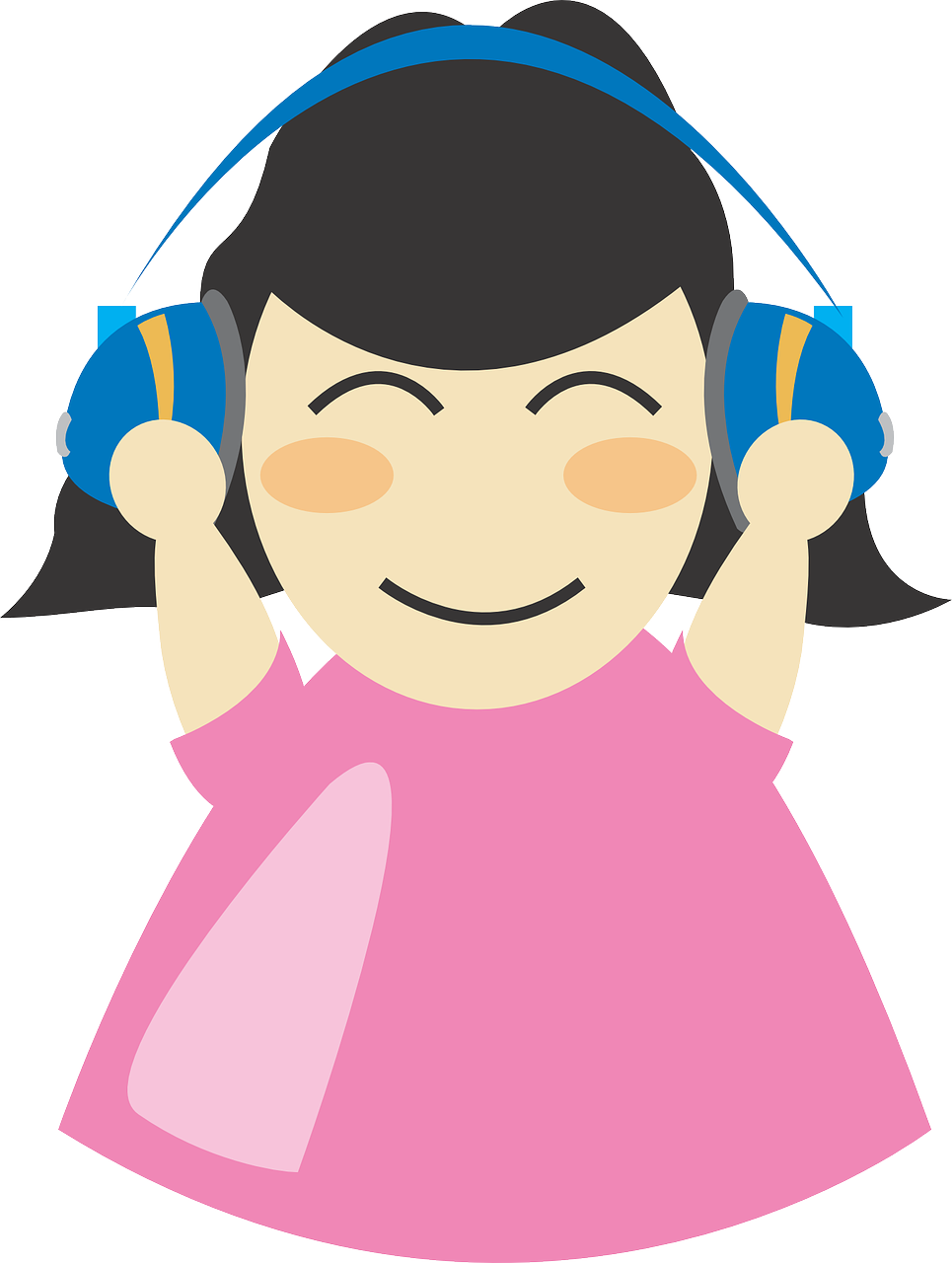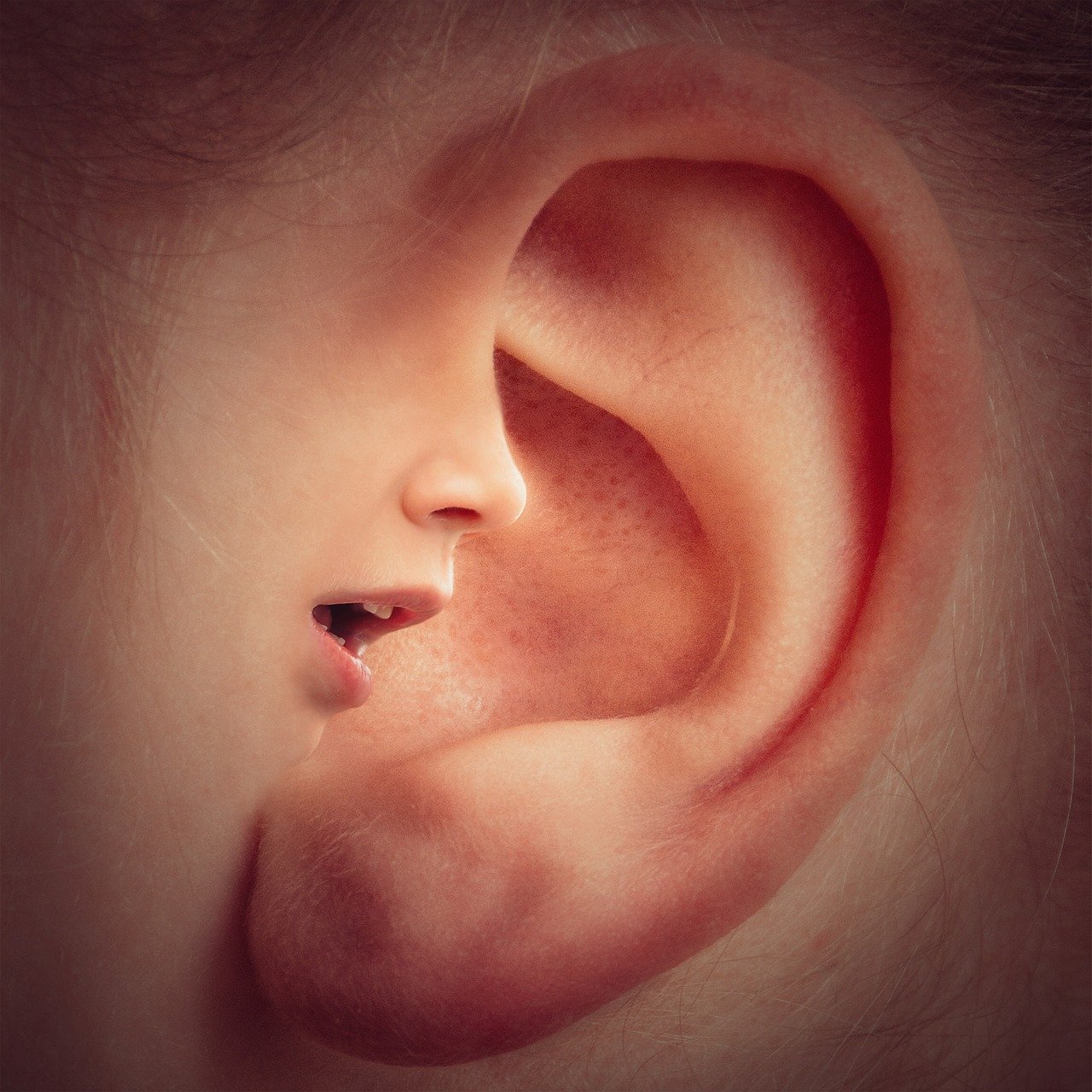Hola amigos de Hive, especialmente de @mundo.autismo, les saludo hoy jueves ya casi, casi terminando la semana. Espero que todos hayan tenido unos días productivos y exitosos.
Desde que comencé a trabajar con educación especial, ya hace bastante tiempo, me ha llamado la atención la falta de interés general hacia los exámenes que miden la agudeza auditiva de los niños. Sabemos que es muy común que los trastornos del desarrollo estén relacionados con trastornos del aprendizaje o con dificultades para apropiarse del aprendizaje escolar; y los problemas de aprendizaje y de lenguaje asociados, muy probablemente, a limitaciones auditivas. En el tiempo que tengo trabajando así lo he constatado.
Algunos niños presentan interferencias en el aprendizaje que superan luego de 6 u 8 meses de intervención y hay otros cuyas dificultades permanecen, inclusive más allá de ese período, lo que sugeriría que existe un trastorno del aprendizaje, niños que como le he mencionado antes, deben superar los 7 años de edad para un diagnóstico de este tipo.
Problemas de aprendizaje y disminución de la agudeza auditiva.
La prueba de la audición es un examen para establecer si la persona presenta pérdida auditiva. Es fácil y no duele. De hecho, los bebés suelen estar dormidos cuando se les hacen las pruebas. Toman poco tiempo, por lo general solo unos minutos.
Pruebas de audición para niños
A los bebés se les puede realizar la prueba, inclusive, al nacer, antes de que salgan del hospital. Hay países en donde es obligatorio; pero en general se realiza antes de que cumplan un mes de nacido. Si resulta que el niño presenta alguna dificultad para pasar esta prueba, sería urgente realizar una evaluación más detallada.
Niños más grandes, digamos entre los 2 y 3 años, que se sospeche que no están escuchando en forma adecuada, se solicita una prueba de audición lo antes posible. Es importante que recuerde que hay pérdidas auditivas que progresan con el tiempo, por lo que debemos estar muy atentos para buscar la ayuda adecuada, con los profesionales idóneos para ello.
¿Quiénes realizan las pruebas de audición?
Lo correcto es que esta evaluación la realice un audiólogo. Por lo general ellos trabajan en articulación con otros especialistas como psicopedagogos, docentes, médicos, terapeutas del lenguaje y habla.
¿Cómo podemos saber si el niño presenta una pérdida de audición?
Si a su niño se le realizó una prueba y la misma ha tenido resultados satisfactorios, recomiendo igualmente que continúe observando sus conductas.
| Algunas | de las características más comunes observables en los niños. |
|---|---|
| 1. | Retardo al escuchar su nombre, para voltearse y atender. |
| 2. | No reconoce las voces de personas que siempre están cercanas a él. |
| 3. | No se asusta ante los ruidos. |
| 4. | Falta de orientación hacia la fuente del sonido. |
| 5. | No balbucea, no trata de imitar los sonidos de la voz humana y del ambiente. |
| 6. | Posteriormente cuando adquiere el habla, tiene problemas para la articulación de los fonemas. |
| 7. | Es muy inatento. |
| 8. | Escucha el televisor, los videojuegos o la música a un volumen muy alto. |
| 9. | Presenta dificultades para adquirir la lectura y/o la escritura. |
Es muy importante que recuerde que un niño con pérdida auditiva frecuentemente presenta problemas con el aprendizaje escolar. Específicamente para establecer la relación sonora estable entre grafemas y fonemas. El protocolo de evaluación psicopedagógica incluye una prueba de agudeza auditiva para todo niño que presenta problemas de lenguaje y/o dificultades para leer y escribir.
Una vez más ha sido muy grato escribir para esta comunidad y su gente.
Ahora voy a realizar la traducción con la ayuda de Google.
El el banner lo realicé con el programa Powerpoint.
Hello friends of Hive, especially from @mundo.autismo, I greet you today, Thursday, almost, almost ending the week. I hope everyone had a productive and successful few days.
Since I began working with special education, quite some time ago, I have been struck by the general lack of interest in tests that measure children's hearing acuity. We know that it is very common for developmental disorders to be related to learning disorders or difficulties in appropriating school learning; and learning and language problems associated, most likely, with hearing limitations. In the time I have been working I have confirmed this.
Some children present interferences in learning that they overcome after 6 or 8 months of intervention and there are others whose difficulties remain, even beyond that period, which would suggest that there is a learning disorder, children who, as I mentioned before, must exceed 7 years of age for a diagnosis of this type.
Learning problems and decreased hearing acuity.
The hearing test is an examination to establish if the person has hearing loss. It's easy and it doesn't hurt. In fact, babies are usually asleep when they are tested. They take little time, usually just a few minutes.
[hearing tests for children]
Babies can even be tested at birth, before they leave the hospital. There are countries where it is mandatory; but in general it is done before they are one month old. If it turns out that the child has some difficulty passing this test, it would be urgent to carry out a more detailed evaluation.
Older children, say between 2 and 3 years old, who are suspected of not hearing adequately, have a hearing test as soon as possible. It is important to remember that there are hearing losses that progress over time, so we must be very attentive to seek appropriate help, with the ideal professionals for this.
[Pixabay](https://pixabay.com/ko/vectors/%EC%9D%B4%EC%96%B4%ED%8F%B0-%EC%97%AC%EC%9E%90-%ED %97%A4%EB%93%9C%ED%8F%B0-%EB%93%A3%EB%8B%A4-152417/)
Who performs hearing tests?
It is correct that this evaluation be performed by an audiologist. Generally they work in conjunction with other specialists such as educational psychologists, teachers, doctors, speech and language therapists.
How can we know if the child has a hearing loss?
If your child was tested and had satisfactory results, I also recommend that you continue to observe his or her behaviors.
| Some | of the most common characteristics observable in children. |
|---|---|
| 1. | Delay when hearing your name, to turn around and respond. |
| 2. | He does not recognize the voices of people who are always close to him. |
| 3. | He is not scared by noises. |
| 4. | Lack of orientation towards the source of the sound. |
| 5. | Does not babble, does not try to imitate the sounds of the human voice and the environment. |
| 6. | Later, when he acquires speech, he has problems articulating phonemes. |
| 7. | He is very inattentive. |
| 8. | Listen to the television, video games or music at very high volume. |
| 9. | Presents difficulties in acquiring reading and/or writing. |
It is very important to remember that a child with hearing loss often has problems with learning in school. Specifically to establish the stable sound relationship between graphemes and phonemes. The psychopedagogical evaluation protocol includes a hearing acuity test for any child who has language problems and/or difficulties in reading and writing.




